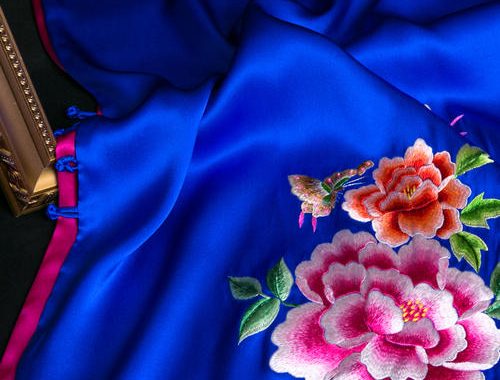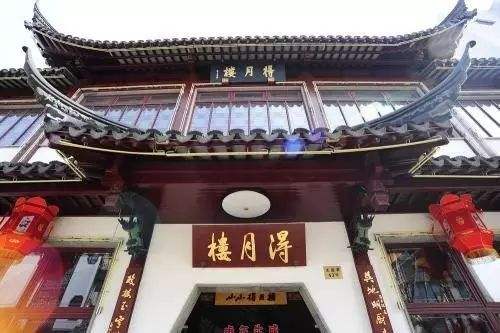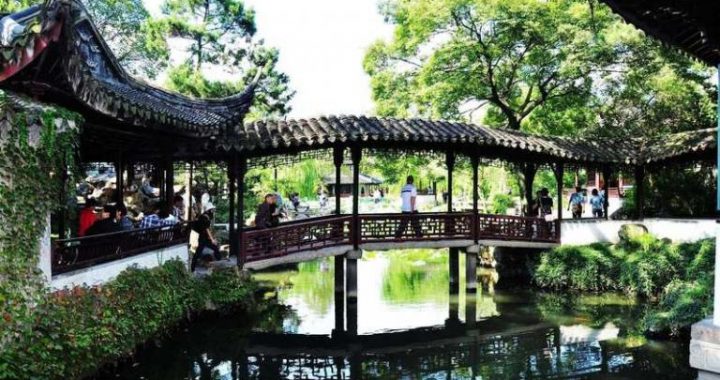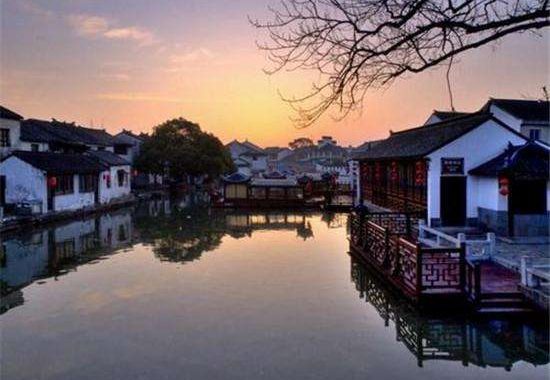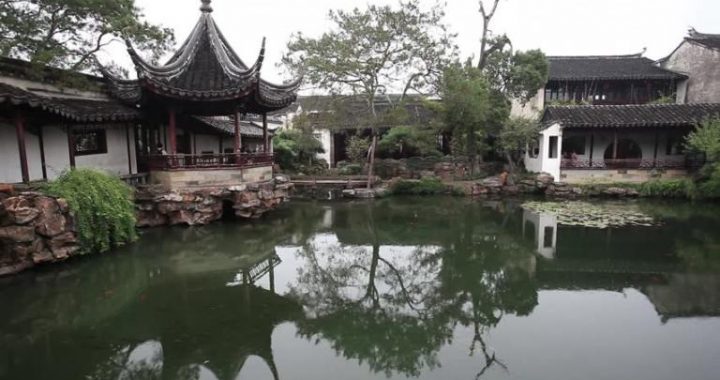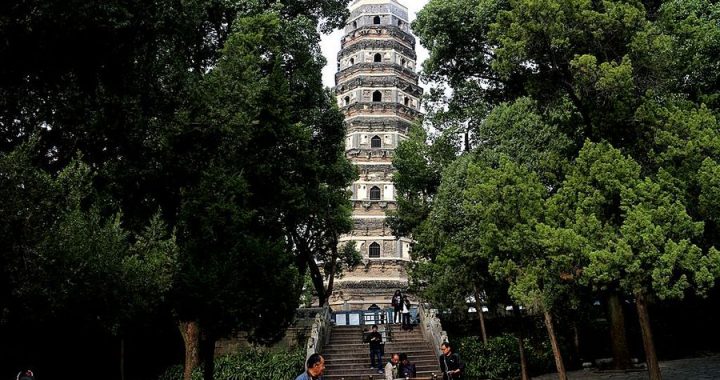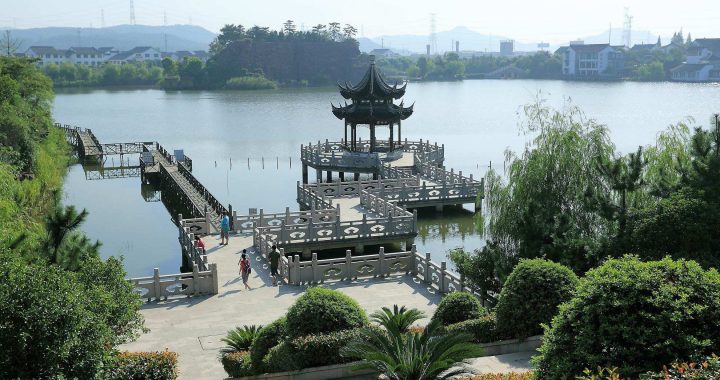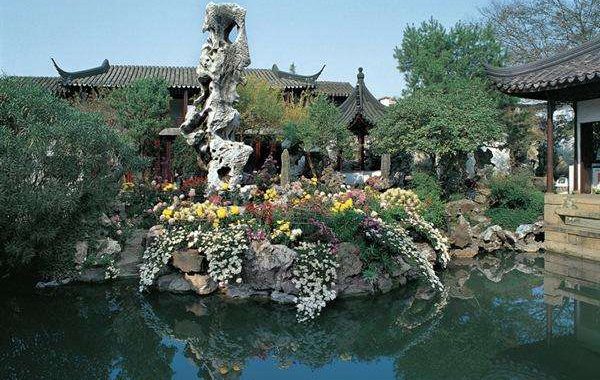Lion Grove Garden in Suzhou
2 min readThe Yuan private gardens, which mainly inherited the tradition of the literati garden of the Tang and Song times, did not make more obvious progress and creation than earlier dynasties. The celebrated gardens included Lotus Pond made by Zhang Rou in Baoding, Peaceful Hall and Hall of Cloud Forest by Ni Zan in Wuxi, Lion Grove by Ni Zan in Suzhou, Lotus Manor by Zhao Mengfu in Guian, Garden of Ten Thousand Willows by Lian Xixian in the southwest of Yuan Dadu, Hall of Nostalgia by Zhang Jiusi, and Pavilion of Seclusion by Song Ben. Among all of them, the tranquil and elegant Lion Grove is very unique.
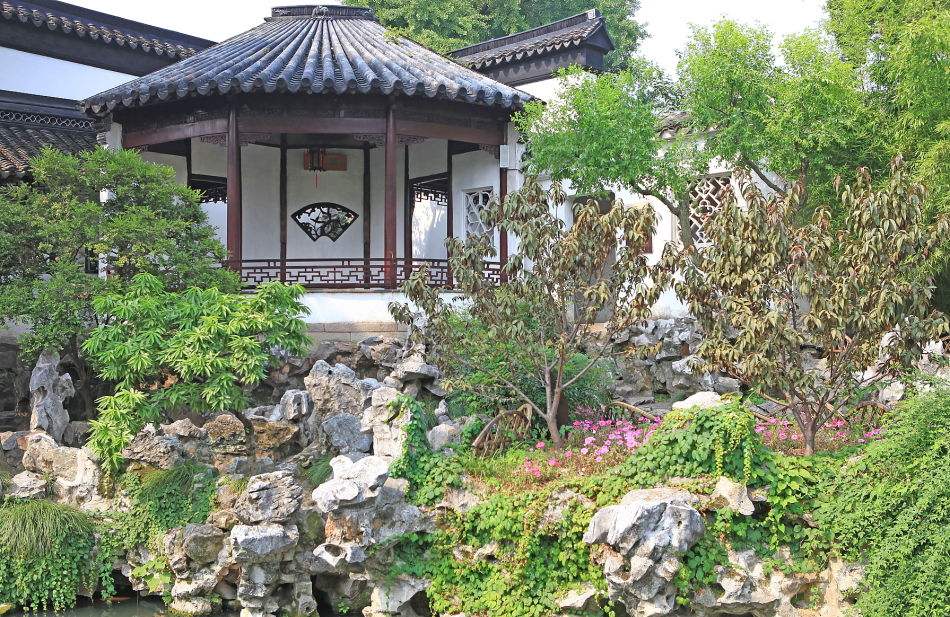
Lion Grove,a pearl of private gardens in Suzhou at the time, was the only garden attaching to Buddhism. In the Song dynasty, the site was an official residence where had grotesque stones and rocks and thick bamboo groves. In the second year of Yuan Emperor Zhizheng (1342),a Buddhist monk Tianru found this place and its great resemblance to the Lion Crags in Mount Tianmu where he studied Buddhist doctrines from his master,a monk named Zhongfeng. In memory of his master, later, he had the Bodhi Zhengzong Temple built. Lion Grove was a garden in the back of temple courtyard. Monk Tianru invited Ni Yunlin,a prominent painter at the time, and some other literati to conceive and design a garden which, as a part of the temple, could help reinforce its tranquility and elegance.
Different from other literati gardens, in Lion Grove,a rockery was used to designate the Lion Crag in the Buddbist monk’s eyes. And a grotesque stone was regarded as a monk listening to the interpretation of Buddhist doctrines. Therefore, the artificial mountain with lots of zigzags is not as simple and common as people usually think. In fact, this mysterious mountain concealed Buddhist arcane truth.
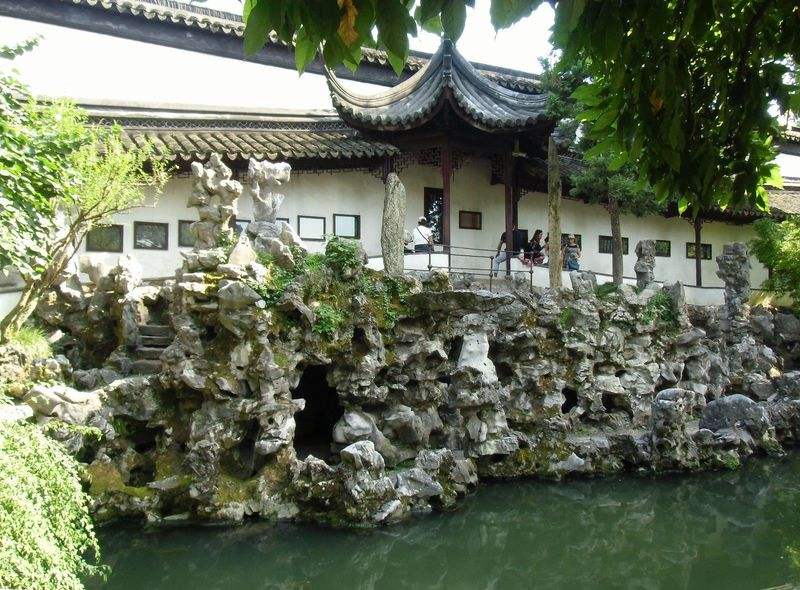
There are few records about the Yuan Lion Grove. However, the paintings, poetry, and other art works concerning Chinese gardens of the time have proved that private gardens were an important artistic form for literati to express their feelings and emotions. Due to the distinct racial hierarchy,a large number of Han scholars and literati retreated to their own gardens and resorted to wines and poems. This helpe improve the artistic taste and aesthetic values of private gardens and exerted great influence on the gardens in the Ming and Qing dynasties.
